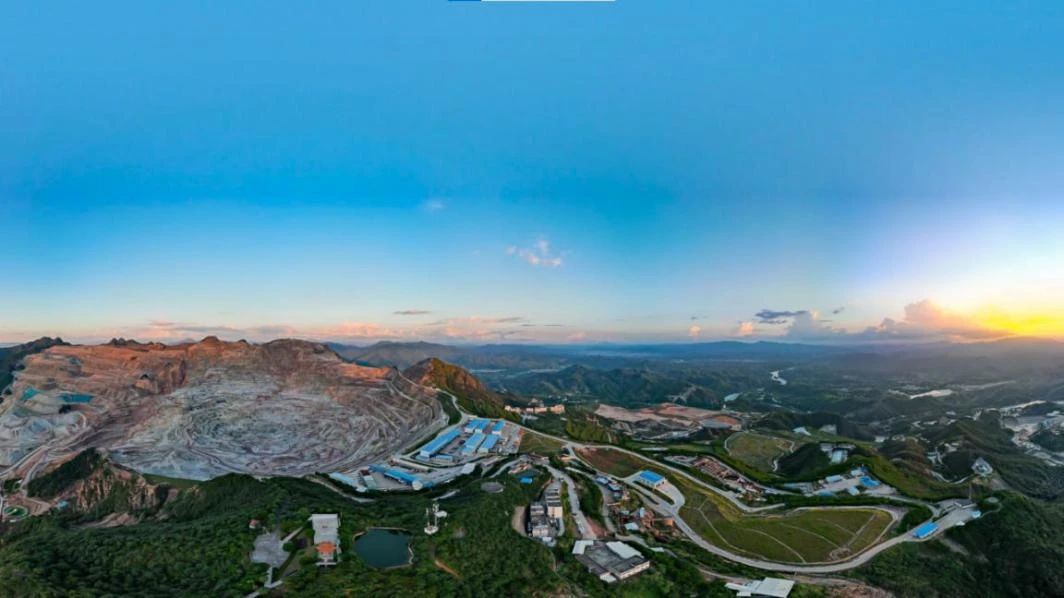
Jan 28, 2023
The Secretary-General of the Indonesian Nickel Mining Association (APNI) (Sekum), Meidy Katrin Lengkey proposed to the government to first improve the nickel downstream ecosystem so that they would be more confident (PD) to appeal to the World Trade Organization (WTO) over the lost case against the European Union (EU) over the nickel ore export ban.
"Now we have to think about how to improve the Indonesian ecosystem first, from upstream to downstream, how to surprise, how to trade system, how to manage. Because after all, why did we lose the WTO appeal in the first place, "the APNI secretary general told CNBC on Thursday.
According to Meidy, speaking live on CNBC, he suspected that information was circulating in the EU about unfair downstream Indonesian nickel being sold to entrepreneurs at lower prices.
"Because of what happened in Indonesia, there is a small amount of information that the litigation process that took place in the downstream process in Indonesia was also quite unfair. That's according to the EU countries. Do we sell raw materials that are also too cheap for downstream entrepreneurs in Indonesia, "he said.
In addition, he explained that the current mineral benchmark price (HPM) has been implemented in Indonesia's domestic nickel industrial market and the HPM itself is one of the results of APNI's efforts to develop fair regulations set by the government for the nickel industry.
早些时候,政府通过Energy and Mineral Resources (KESDM), issued a decree (SK) of the General Directorate of Mines and Coal (Dirjen) (Minerba), which contains the FOB basis for nickel trading for re-use.
This is because nickel sales transactions to date do not comply with the Ministerial Regulation (permanent) of ESDM No. 11 2020, so the Director-General of Mines and Coal has issued a decree to once again use FOB based HPMS.
"On December 12, the Ministry of Energy and Mineral Resources issued a statement that all transactions must be made on a FOB basis," explained the APNI secretary general.


In the past, Meidi considered Indonesia's downstream nickel projects to be so successful that there was even a surplus of quotas. This can be seen in the number of nickel processing plants already established, which will reach 43 in Indonesia by early 2023 alone.
"Some 136 plants will be built by late 2025. We're just trying to think about reserves, let's talk about nickel reserves in the country first, "he said.
"In 2025 alone, it will consume about 400 million tonnes of nickel ore per year. In 2023 alone, it will consume 145 million tonnes of nickel ore, "the APNI secretary-general added.
This alone, he stressed, is indicative of the success of the nickel downstream project. Of course, entrepreneurs and exporters are very supportive of Indonesia's nickel downstream projects.
"It will also help Indonesia cope with the global economic downturn. This is one of the nickels. In addition, Indonesia aims to be number one in the battery industry in the future, "he said.
According to him, Indonesia will later build three nickel refining management plants, the largest plant to realize the 2045 dream.
"So the downstream indirect nickel business is very, very successful," he concludes.